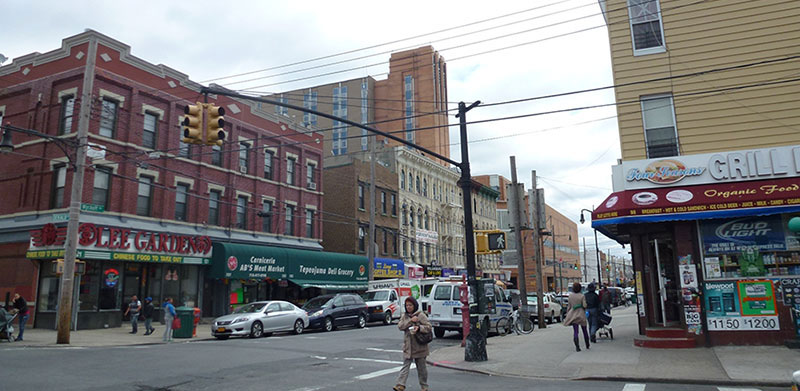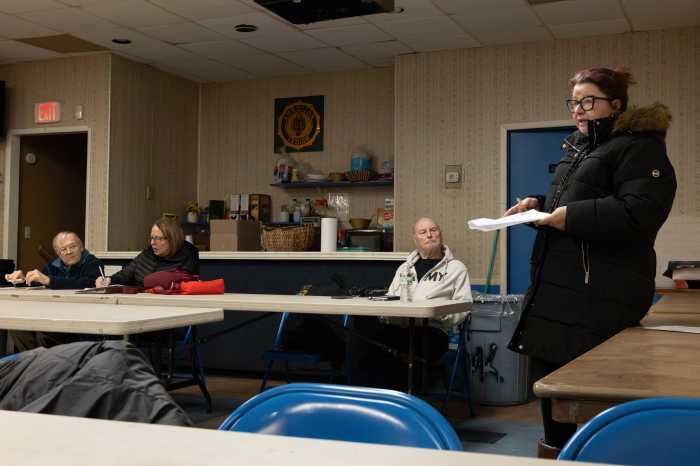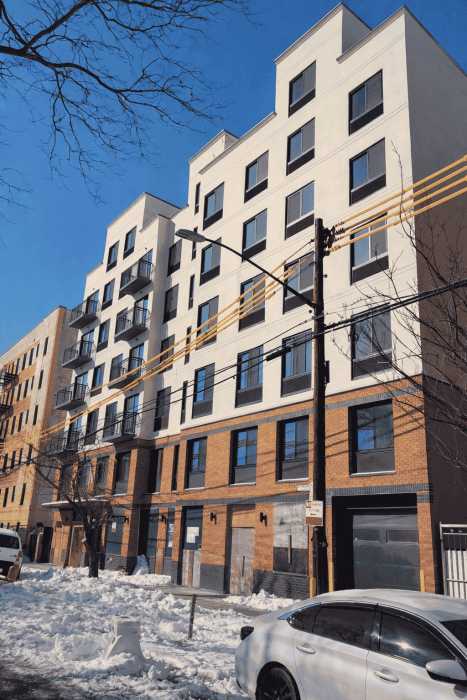Councilmen Antonio Reynoso and Rafael Espinal released a statement on Monday, Jan. 13, saying that they’ve come to a standstill with the de Blasio administration on the Bushwick neighborhood rezoning plan.
On Friday, the mayor’s office responded to a letter that Reynoso sent in December that listed a number of neighborhood demands for the 300-block rezoning. Reynoso requested that they city include the results of the Bushwick Community Plan, a community-led set of rezoning recommendations, in its environmental review.
The mayor’s office responded that it would not be conceding to this request.
Without the city’s cooperation, Reynoso’s office indicated that it did not see a way to move forward with the plan. In the heated statement on Monday, Reynoso and Espinal criticized de Blasio for ignoring the community’s demands.
“The mayor’s decision to walk away from Bushwick, continuing the cycle of government neglect the neighborhood has suffered under for the past 50 years, is shameful as it ignores the voice and will of a community,” the councilmen wrote.
In the letter Reynoso and other community members sent to the mayor’s office in December, he insisted that the city consider the 2018 Bushwick Community Plan (BCP), the result of a four-year collaboration between residents, nonprofit organizations, local politicians and city agencies to gather a list of recommendations for rezoning the neighborhood.
In response, the mayor’s office said that the goals of the 2018 plan were antithetical to an upzoning, quoting the BCP’s cap on new units and its requirement that all units be “deeply affordable.”
“This approach is fundamentally a downzoning. It would reduce density significantly in many areas while spurring the creation of few new homes, deeply affordable or otherwise, in others,” wrote Deputy Mayor Vicki Been.
Reynoso and Espinal shot back that against this assertion, claiming that the BCP would merely move density from narrow side streets to wide transit corridors.
“The process to develop the BCP was catalyzed by a near universal recognition that Bushwick was facing severe development and displacement pressures and warranted planning attention to ensure that these forces were mitigated to the greatest extent possible, that people who had struggled for years to build up the community from decades of neglect reaped the benefits,” wrote Espinal and Reynoso.


































